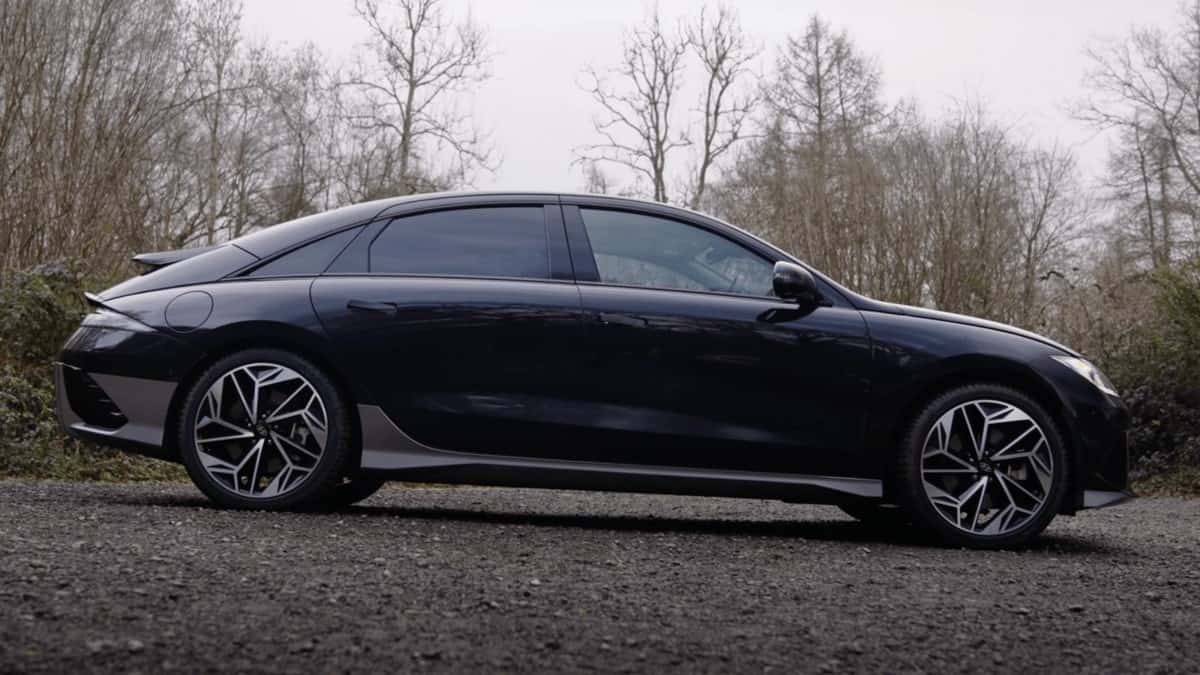South Korean automaker Hyundai and public research university Georgia Tech officially inked a memorandum of understanding (MoU) on Tuesday to boost sustainable mobility.
Partnership details
The press release outlined that Hyundai and Georgia Tech will work together for the research and applications of a hydrogen economy and boost workforce development in the state.
Reports also suggest that Hyundai spent $55 million to put its name on the Georgia Tech football field.
“Like Georgia Tech, Hyundai is a global brand that is synonymous with quality, innovation, and a commitment to advancing technology to make a positive difference in the world. The more we have gotten to know each other, the more obvious the alignment of our values has become.
I am grateful for the transformative investments Hyundai is making in our state, and I am proud that the Hyundai brand will feature prominently on our campus. I look forward to working with Hyundai leaders to deepen our partnership as we work to develop exceptional leaders and produce new ideas that will shape the automotive industry and advance mobility in the future.”
Georgia Tech President Ángel Cabrera
Purpose
The partnership aims to contribute to the global push for clean energy and sustainable mobility.
To do that, they will facilitate visionary solutions through research and development efforts on hydrogen-powered engines for large trucks and EV batteries.
Hyundai’s interest in hydrogen prompted state leaders to also research ways to employ a fueling stations network between the Savannah Port and Metaplant location, GT reports. Moreover, it indicated that the parties aim to “explore everything from hydrogen sourcing to fuel-cell improvements.”
Georgia Tech noted that the partnership also aims to offer technical and leadership development programming training for workers. They will also promote STEM courses among students through various activities that may interest them.
“Georgia is like a second home to us. We are a mission-driven organization with a very compelling point of view about the future. We feel a great responsibility to contribute to a sustainable future where all humankind can have a safe and healthy life while enjoying freedom of movement. On behalf of all of us at Hyundai Motor Group, we are thrilled to create a partnership with Georgia Tech that includes research and applications to support the future of sustainable mobility, hydrogen economy, workforce development, and smart cities, among many other areas of cooperation. Today is the beginning of a partnership that will last for decades, and this partnership is one of the reasons why we chose Georgia for our EV investments.”
Hyundai
Hyundai’s investment in Georgia
Hyundai Group committed to allocate $12.6 billion to a new electric vehicle battery factory in Georgia.
Of that total, the Hyundai Motor Group Metaplant America (HMGMA) in Bryan County will receive $7.59 billion in capital. It is expected to generate 8,500+ direct jobs in the state.
Meanwhile, its battery joint venture with SK On in Bartow County will get the other $5 billion. It will offer about 3,500 new job opportunities in the area.
It is worth noting that these two sites are close to Georgia Tech’s facility, which can enable a smoother and easier operation.
See Also:
- Hyundai rushes to launch Georgia factory due to local production incentives in the US
- Hyundai, LGES to add $2B into their joint battery factory development in Georgia
- Hyundai, LG to establish a $4.3 billion EV battery factory in Georgia
- Hyundai invests $926 million second EV plant in Georgia
- Hyundai will break ground on a $5.5 billion Georgia plant this month
Hyundai has long been present in the state of Georgia. That said, it is unsurprising that the automaker continues to favor the state regarding major investments such as EV and battery factories.
Its newly formed partnership with Georgia Tech will undoubtedly aid its efforts in advancing hydrogen technology and accelerating the shift to clean mobility. Notably, the automaker produces XCIENT or hydrogen fuel cell big rigs for materials transport in its South Korean operations. It believes that hydrogen can significantly boost the global trucking industry to decarbonize.

